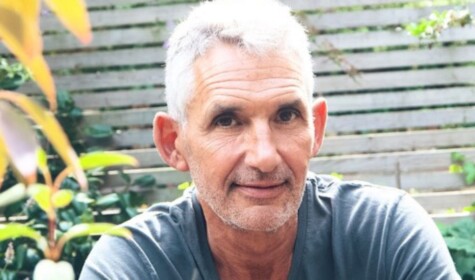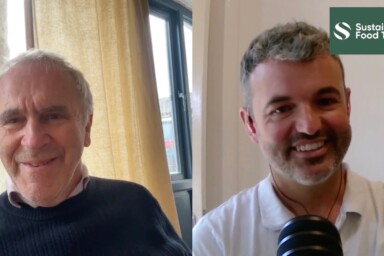This week Patrick is joined by Tim Spector, professor of Genetic Epidemiology, author, and co-founder of personalised microbiome and nutrition analysis company ZOE. They discuss the microbiome of the human gut and its similarities to the microbiome of soil, exploring how farmers might influence the diversity of several microbiomes through their practices, and how legislation might be altered to support microbial diversity.
Tim is currently conducting the world’s largest nutritional research programme, which shows the individual responses to some foods are unique, even between identical twins. He has written four popular science books, including including “The Diet Myth” and the most recent “Spoon Fed” which is a Sunday Times bestseller.
“Even in identical twins, the microbes are different, but really different. Not just slightly different. So we share 99.5% of our genes with other random humans, but only about 25% of our gut microbes.”






